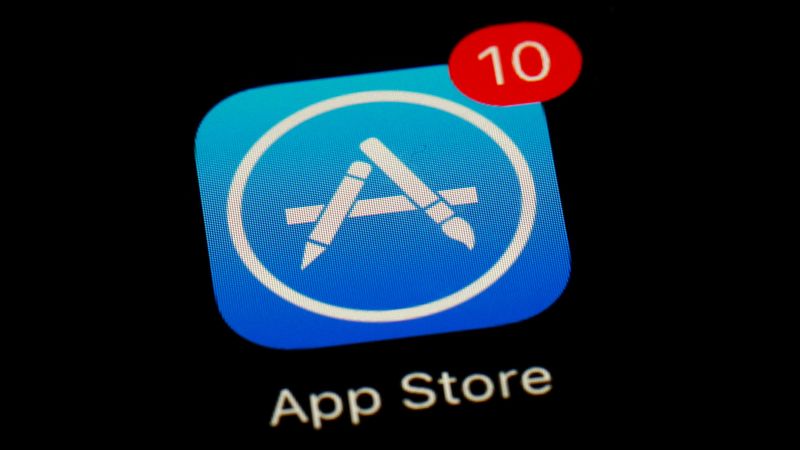Apple's App Store Rebellion: Federal Judge Delivers Stinging Rebuke

Apple faces potential legal consequences after a federal judge in California determined the tech giant has failed to comply with a court-mandated order aimed at promoting app marketplace competition. The ruling could now escalate the company's ongoing legal battle, with the judge signaling the case will be referred to federal prosecutors for further investigation.
The landmark decision centers on Apple's App Store practices, specifically its resistance to implementing more flexible download and payment options for developers. By not fully adhering to the previous court order, Apple risks significant regulatory scrutiny and potential financial penalties.
The California court's ruling underscores the ongoing tension between Apple's tightly controlled ecosystem and regulatory efforts to ensure fair competition in the digital marketplace. This latest development suggests that the tech giant may be forced to make substantial changes to its App Store policies, potentially opening the door for more diverse app distribution and payment methods.
As the case moves forward, industry observers are closely watching how this legal challenge might reshape the landscape of mobile app commerce and challenge Apple's long-standing App Store dominance.
